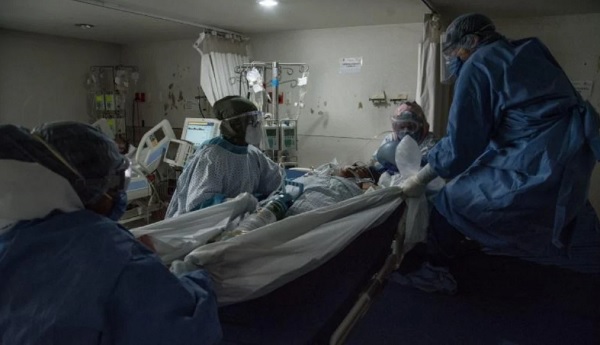The NHS is utilizing artificial intelligence (AI) to monitor people’s eating and drinking habits, aiming to reduce “avoidable” hospital admissions during the upcoming busy winter period. In Buckinghamshire, a pilot scheme involves tracking kettles and fridges, with flagged habits prompting care teams to address issues through various means such as cleaning, shopping, and food deliveries.
In Somerset, AI is used to identify patients with complex needs or at risk of hospitalization, enabling health workers to offer preventive care. Additionally, in Birmingham, a predictive algorithm is being trialled to prevent unnecessary hospital or GP visits. The overall goal is to prevent 4,500 A&E trips, 17,000 overnight stays, and 23,000 GP appointments over the next two years. As waiting lists in the NHS reach a record high, concerns about patient care and the government’s plans to reduce waiting times persist. NHS England is implementing various measures, including social care “traffic control centres,” increased ambulances and beds, and a £200m funding boost.
Virtual wards using AI and wearable technology are also emerging, allowing remote monitoring of patients with conditions like heart failure. The initiatives aim to enhance the NHS’s preparedness for the challenging winter ahead.















